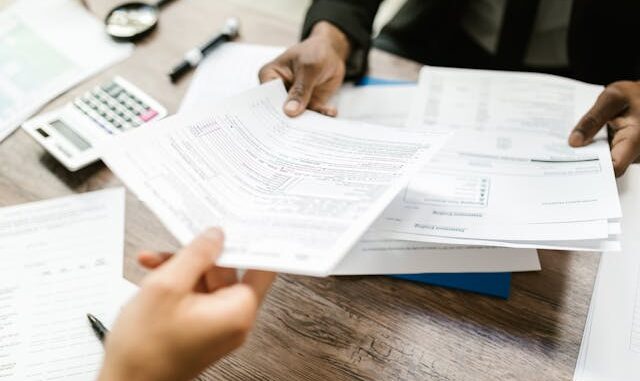
When someone experiences a slip and fall accident, one of the critical steps in seeking compensation is navigating the claims process with insurance companies. Claims adjusters play a pivotal role in this process, working to evaluate the validity of slip and fall claims and determine appropriate settlements. Here’s an inside look at how claims adjusters handle slip and fall claims:
- Initial Investigation: Upon receiving a slip and fall claim, the claims adjuster initiates an investigation to gather relevant information. This may include reviewing the claimant’s statement, obtaining incident reports, and examining any available evidence, such as photographs or witness statements.
- Assessment of Liability: One of the primary tasks of a claims adjuster is to assess liability, determining whether the property owner or another party is responsible for the slip and fall accident. This involves examining factors such as the cause of the accident, the condition of the premises, and whether the property owner took reasonable steps to prevent hazards.
- Review of Damages: Claims adjusters also assess the extent of the claimant’s injuries and damages resulting from the slip and fall accident. This may involve reviewing medical records, obtaining documentation of medical expenses and lost wages, and considering the impact of the injuries on the claimant’s quality of life.
- Negotiation: Once liability and damages have been assessed, the claims adjuster engages in negotiation with the claimant or their legal representative to reach a settlement. This may involve back-and-forth discussions to determine a fair and reasonable amount of compensation that adequately addresses the claimant’s injuries and losses.
- Documentation and Settlement: Upon reaching a settlement agreement, the claims adjuster prepares the necessary documentation, including a release of liability and settlement agreement. Once signed by both parties, the settlement is finalized, and the claimant receives compensation for their slip and fall claim.
- Adjudication of Disputed Claims: In cases where liability or damages are disputed, the claims adjuster may engage in further investigation or seek input from legal counsel to resolve the dispute. This may involve mediation or in some cases, litigation to resolve the claim.
- Communication with Stakeholders: Throughout the claims process, claims adjusters maintain communication with all relevant stakeholders, including the claimant, their legal representative, witnesses, and medical providers through the claimant’s legal representatives. Clear and timely communication is essential for ensuring transparency and addressing any concerns or questions that may arise.
- Compliance with Regulations: Claims adjusters must adhere to legal and regulatory requirements governing the handling of slip and fall claims. This includes following prescribed procedures for resolving disputes.
- Continuous Training and Development: To stay abreast of evolving laws, regulations, and best practices, claims adjusters undergo continuous training and professional development. This enables them to effectively handle slip and fall claims while ensuring compliance with industry standards and ethical guidelines.
- Focus on Customer Service: Ultimately, claims adjusters strive to provide excellent customer service throughout the claims process. They aim to be responsive, empathetic, and professional in their interactions with claimants. However, as their interests are in minimizing payouts, it is important that claimants have their own representation.
While the role of a claims adjuster in handling slip and fall claims may vary depending on the specifics of each case, their overarching goal remains the same: to facilitate fair and efficient resolution while providing support and guidance to claimants during a challenging time. By understanding the responsibilities and processes involved, claimants can navigate the claims process more effectively and work towards obtaining the compensation they deserve for their injuries and losses with the help of their legal counsel.
